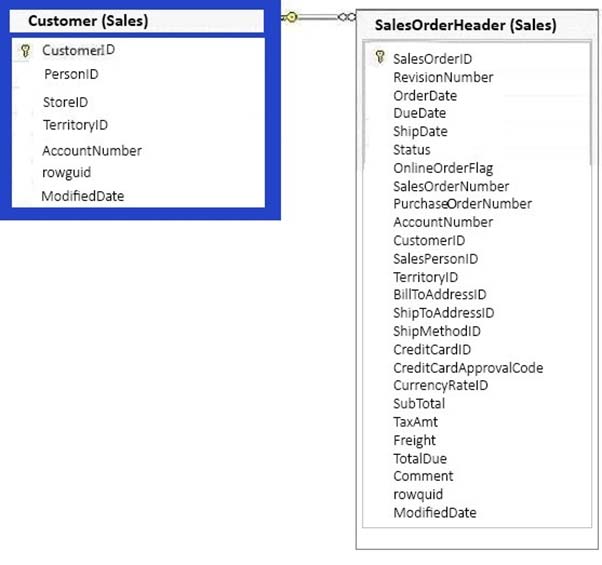

You have a database that includes the tables shown in the exhibit. (Click the exhibit button.)
You need to create a list of all customers, the order ID for the last order that the customer placed, and the date that the order was placed. For customers who have not placed orders, you must substitute a zero for the order ID and 01/01/1990 for the date.
Which Transact-SQL statement should you run?
A.
B.
C.
D.
Tazul
Highly Voted 5 years, 10 months agoBartek
5 years, 10 months agoTazul
5 years, 9 months agoDieter
Highly Voted 5 years, 10 months agomlourinho
5 years, 8 months agoBahalzamon
5 years, 7 months agoEngineerdocing
4 years, 12 months agoOooo
4 years, 10 months agoVermonster
Most Recent 4 years, 6 months agoAndy7622
4 years, 7 months agoAndy7622
4 years, 7 months agoAndy7622
4 years, 7 months agoBacky
4 years, 9 months agotruthee
5 years, 2 months agoRicky7876
5 years, 1 month agoBabyBee
4 years, 7 months agoshruthiBattula
5 years, 4 months agotcroots19
5 years, 4 months agotcroots19
5 years, 4 months agoKosteK
4 years, 7 months agoScooter123
5 years, 8 months agozritter19
5 years, 6 months ago